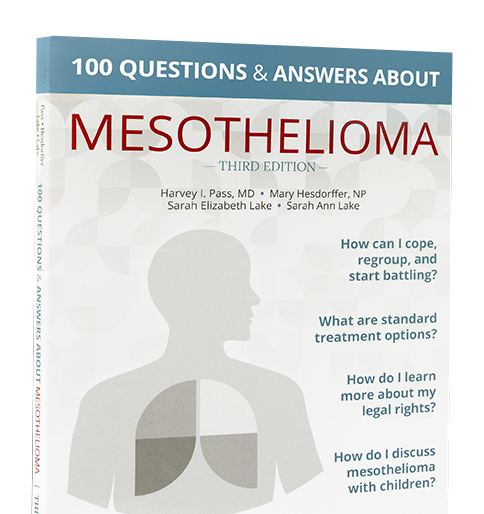Peritoneal mesothelioma is an aggressive cancer that is caused by ingesting asbestos fibers. The second most common type of mesothelioma, the disease accounts for around 20-33 percent of mesothelioma cases diagnosed each year. Though peritoneal mesothelioma could strike any population, it is found primarily in the 50- to 69-year age group and it is more common in men, possibly because of the higher male occupational exposure to asbestos. There is no cure for the disease, and in the past, the prognosis was poor.
Today, with advances in treatment options, doctors are helping patients live longer, happier lives. One such advancement, known as bidirectional chemotherapy, is currently being studied as an effective preoperative method for peritoneal mesothelioma.
In a new study, a team of researchers evaluated 20 consecutive patients treated for diffuse malignant peritoneal mesothelioma (MPM) not suitable for upfront surgery. The group received bidirectional chemotherapy associating intraperitoneal and systemic chemotherapy between January 2013 and January 2016. Evaluation of the response to chemotherapy was assessed clinically and by laparoscopy. The results are as follows:
“The median peritoneal cancer index (PCI) score at staging laparoscopy was 27 (range 15–39). Altogether, 118 intraperitoneal chemotherapy cycles were administered without any specific adverse catheter-related event. Concerning tolerance, 85% of the patients experienced no pain or mild pain during chemotherapy administration. The clinical response rate was 60% after a median of three chemotherapy cycles. At laparoscopic reevaluation, the median PCI was 18 (range 0–35), and a secondary resectability was considered for 55% of the patients. Complete cytoreduction surgery followed by hyperthermic intraperitoneal chemotherapy (HIPEC) was finally achieved for 10 patients (50%), with a median intraoperative PCI score of 14 (range 6–30). After a median follow-up period of 18 months, the 2-year overall survival rate was 83.3% for the patients treated by CRS followed by HIPEC and 44% for the patients treated by bidirectional chemotherapy.”
The researchers concluded that, “bidirectional chemotherapy is a promising, well-tolerated treatment capable of increasing the resection rate for selected patients with diffuse MPM initially considered as unresectable or borderline resectable. For patients with definitively unresectable disease, bidirectional chemotherapy achieves a higher clinical response rate.”
If you have been exposed to asbestos, please see your doctor immediately. Although there is no cure for mesothelioma, early detection could lead to much better outcomes.
Sources
Bridda, Alessio, Ilaria Padoan, and Roberto Mencarelli. "Peritoneal Mesothelioma: A Review." Medscape General Medicine. Medscape, 2007. Web. 14 Jan. 2018.
Roy, Florence Le, Maximiliano Gelli, and Antoine Hollebecque. "Conversion to Complete Cytoreductive Surgery and Hyperthermic Intraperitoneal Chemotherapy for Malignant Peritoneal Mesothelioma After Bidirectional Chemotherapy." SpringerLink. Springer International Publishing, 28 Aug. 2017. Web. 14 Jan. 2018.





